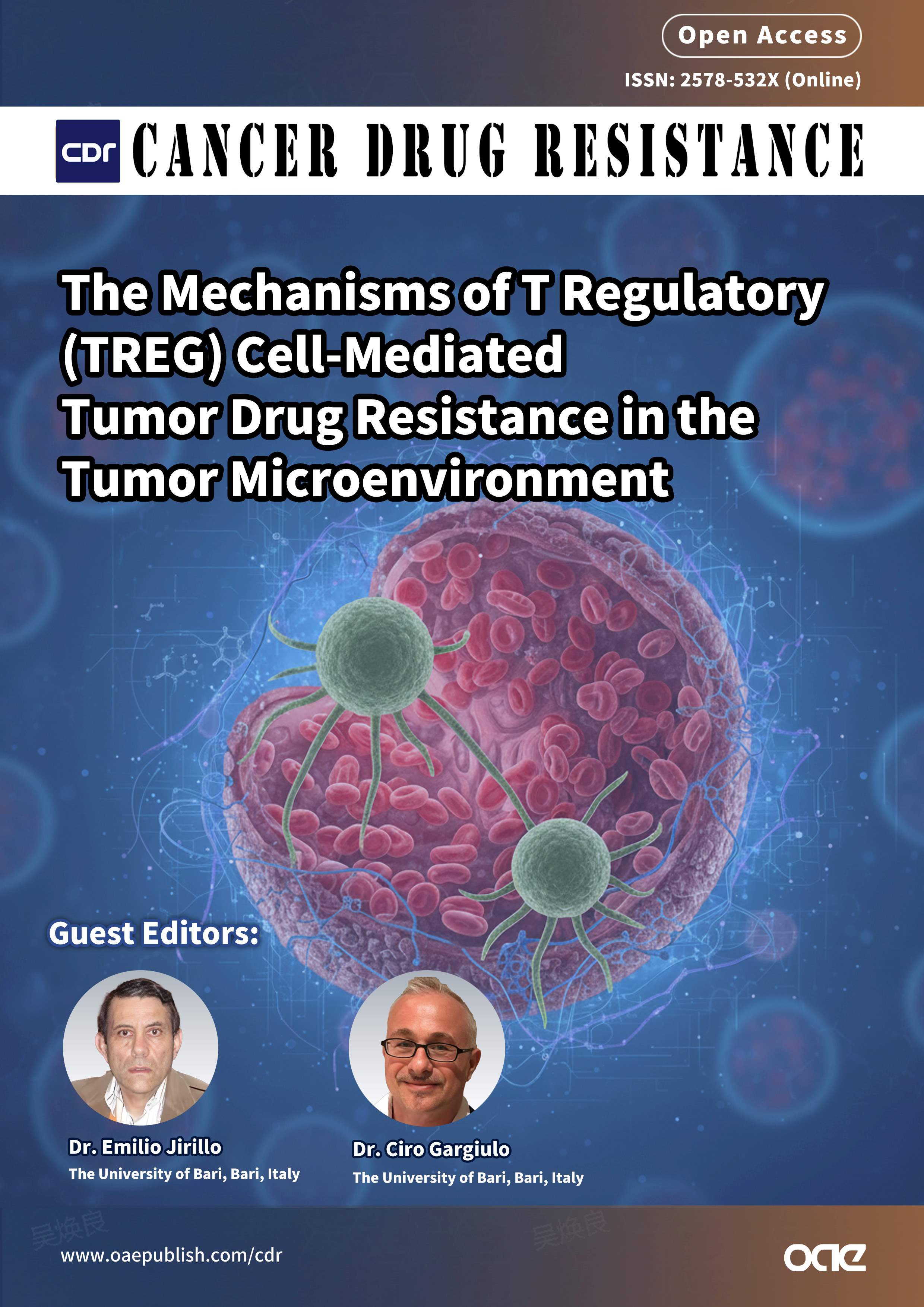
Topic: The Mechanisms of T Regulatory (TREG) Cell-Mediated Tumor Drug Resistance in the Tumor Microenvironment
Guest Editors
Special Topic Introduction
Peripheral immune tolerance regulates the intensity of physiological immune responses, protecting the host against pathogens, autoantigens, and cancer cells. This regulation is primarily maintained by the balance between two major subsets of T lymphocytes: T regulatory (Treg) and T helper 17 (Th17) cells. Downregulation of Treg cells enhances Th17 cell activity, as observed in chronic low-grade inflammation. Conversely, robust Treg cell activity modulates Th17 cell functions, preventing exaggerated inflammatory or autoimmune responses. The equilibrium between Treg cells and Th17 cells can be disrupted by various factors, including gut microbiota dysbiosis, autoantigens, diet, obesity, diabetes, and aging.
In cancer, excessive Treg cell activity tends to suppress antitumor immunosurveillance sustained by natural killer (NK) cells and cytotoxic T lymphocytes (CTLs), contributing to tumor progression and resistance to therapy.
The primary aims of the present Special Issue are to:
i) Elucidate the mechanisms of immune suppression within the tumor microenvironment and the development of cancer drug resistance;
ii) Identify etiologic factors involved in Treg cell modulation;
iii) Explore therapeutic strategies for modulating Treg cell function;
iv) Investigate the role of intratumoral exosomes in regulating Treg cell activity and their association with tumor progression or regression.
Keywords
T regulatory (Treg) cells, cancer, drug resistance, immune tolerance
Submission Deadline
Submission Information
For Author Instructions, please refer to https://www.oaepublish.com/cdr/author_instructions
For Online Submission, please login at https://www.oaecenter.com/login?JournalId=cdr&IssueId=cdr25110510271
Submission Deadline: 15 Jul 2026
Contacts:











